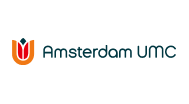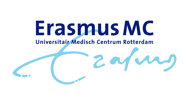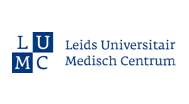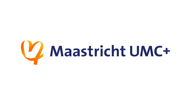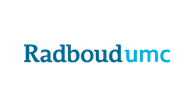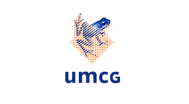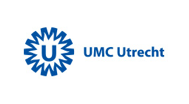Framework for Undergraduate Medical Education
Each umc offers a bachelor and master programme leading to the basic training for doctors. The content and general final attainment targets that the programme must achieve are described in the Framework for Undergraduate Medical Education prepared by the NFU.
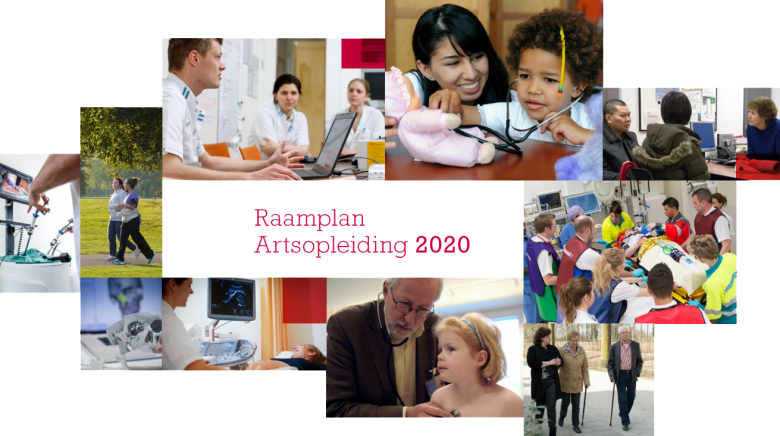
There is one main question at the heart of the Framework for Undergraduate Medical Education 2020: ‘What are the most important competencies that a doctor must have in 2025?’ With this latest version of the Framework, the Dutch medical programmes have future-proofed medical education. And the result is: doctors who are trained to deal with the challenges of the healthcare sector.
What criteria must a doctor fulfil in 2025?
Important themes in the Framework 2020 are:
-
prevention and avoiding unnecessary care;
-
how to cope with innovations in care;
-
the importance of a personalised approach;
-
consider citizens and patients more as partners.
The Framework extends an invitation to learn together. Not only among doctors, but also between doctors and other medical, care, and well-being professionals in the public domain.
Prof. dr. Roland Laan, chairman of the project group that developed the new Framework
In the Framework 2020 plenty of attention is paid to the following three topics:
1. Innovation of care
The pressure on accessibility and affordability of the healthcare system continues to grow. This is due to changes in society, like greying of the population, migration, socio-cultural diversity and ever more medical-technological developments. Healthcare professionals must take the differences between patients into account and pay attention to the usefulness, accessibility and affordability of care. For example, patients can sometimes be helped better in another place than the hospital. Plus: do we need everything that is possible? This all demands doctors who can contribute to the innovation of care.
The Framework focuses on developing competencies in the domains of social action and leadership.
Dr. Marjolein van de Pol, coordinator of the project group
2. Lifelong learning
Knowledge is constantly being renewed and leads, for example, to new technology, digitalisation and artificial intelligence. That is why the Framework emphasises competencies that require lifelong learning, to be able to keep responding to e.g. technological changes.
3. Career outside the hospital
Around 70% of doctors do not work in a hospital; rather, they work outside it, as a GP, in social medicine or preventive healthcare. That is why this Framework also covers career perspectives outside medical specialist care. The doctors working outside the hospital are becoming increasingly important in answering demands for care from society, given the challenges that society is facing.
The issues that COVID-19 brought up stress how important it is that doctors learn to respond to changes in society.
Joni Remmits, medical student


